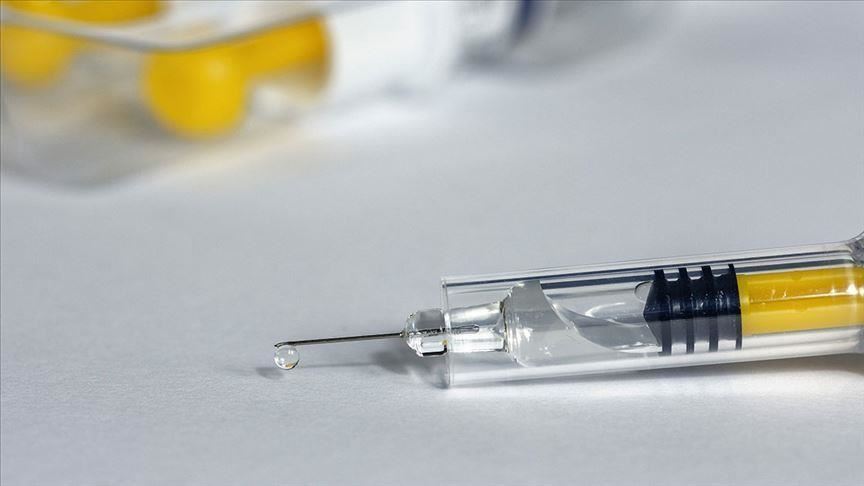COVID-19: S. Korean Study fails to prove potential cure
Despite all patients recovering from coronavirus, limits in research prevent definite conclusion on drug's effectiveness

ANKARA
A recent study in South Korea has failed to definitively prove that an anti-malaria drug seen as a candidate in treating the novel coronavirus would be effective against the global pandemic, local media reported on Wednesday.
In their fight against COVID-19, many countries, including the U.S., rushed to approve the use of hydroxychloroquine (HCQ) to treat coronavirus victims.
The study by researchers at the Samsung Medical Center in Seoul and Pusan National University Hospital in Busan was "not able to confirm the effectiveness" of the drug, according to the Yonhap news agency.
Though all test subjects recovered from the virus at the end of the study, its experimental limits meant it could not ascertain whether this was the work of HCQ.
The fight against the coronavirus pandemic, which has resulted in over 178,000 deaths globally has put pressure on doctors and drug regulatory agencies throughout the world to expedite the development, approval and deployment of both experimental drugs, as well as the repurposing of existing therapeutics.
The researchers completed a process known as post-exposure prophylaxis (PEP), which refers to preventive medical treatment following exposure to a pathogen. they administered hydroxychloroquine to 184 patients and 21 medical staff at a long-term care hospital in Busan, where they were exposed to COVID-19 after massive infections were reported there.
In the study published by the International Journal of Antimicrobial Agents, patients were given daily 400-milligram doses of the drug while in quarantine for two weeks.
"Although there was no adequate control group, and it was conducted at a single center, this is the first study to use PEP with HCQ as an outbreak response against COVID-19 in an LTCH [long-term care hospital]," the researchers said, adding: "It does not mean PEP was effective."
The researchers recommended "randomized clinical studies" to evaluate whether the treatment would be an effective response against COVID-19.
The novel coronavirus has spread to 185 countries and regions since emerging in China last December, with the U.S. and Europe being the hardest-hit areas in the world.
More than 2.58 million cases have been reported worldwide as recoveries near 697,000, according to data compiled by the U.S.-based Johns Hopkins University.
Anadolu Agency website contains only a portion of the news stories offered to subscribers in the AA News Broadcasting System (HAS), and in summarized form. Please contact us for subscription options.

